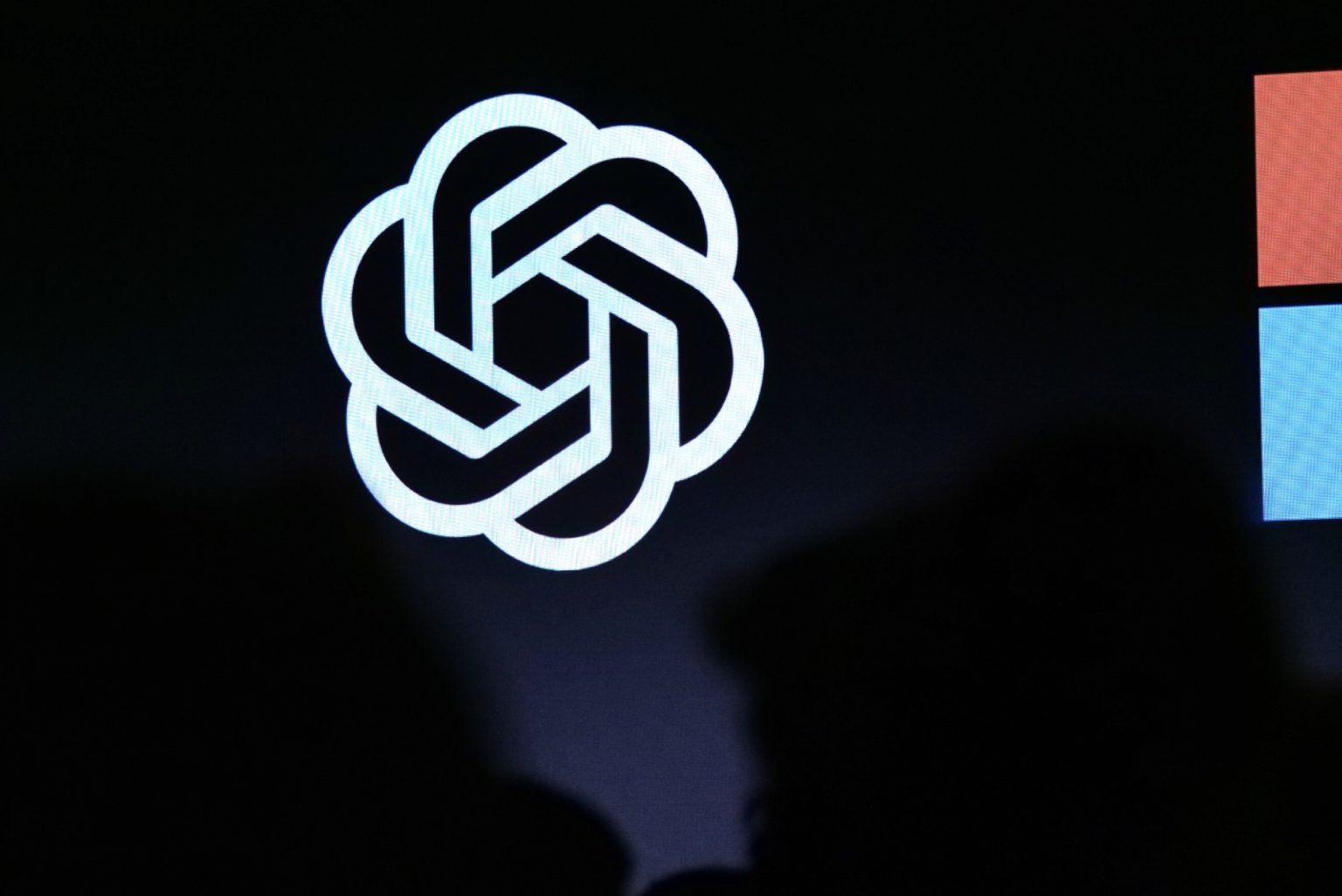OpenAI recently launched its own ChatGPT search engine, positioning itself as a competitor to Google and Bing. The new search engine is integrated into the ChatGPT interface and is available to paid users through ChatGPT Plus and Teams subscriptions, with plans to make it available to free users in the future. This feature enhances the popular AI chatbot by allowing users to find recent news and information that may not have been included in its core AI model before.
Users can utilize the search engine by clicking on a search icon in the ChatGPT dialogue box. The results are similar to those generated by AI startup Perplexity, with in-line citations linking to sources on the web. However, the results may not always be 100% accurate, as demonstrated by a query about Microsoft’s recent disclosures about OpenAI. While the search results did mention the $14 billion investment, the specific number Microsoft disclosed was $13 billion, highlighting the fallibility of AI technology.
In a broader context, the launch of the ChatGPT search engine could further reduce the need for users to visit websites for information, potentially impacting news publications and other web publishers. OpenAI has partnered with news and data providers to include up-to-date information and new visual designs for categories like weather, stocks, sports, news, and maps. This move may lead to a separation between users and information sources, putting the very sources of information used to train AI platforms at risk.
Although Microsoft’s latest 10K filing listed OpenAI as both a competitor and partner, the release of the ChatGPT search engine positions OpenAI more as a rival to Google due to its reliance on search and advertising for revenue. By offering a search engine within the ChatGPT interface, OpenAI aims to provide a more comprehensive experience for users who rely on the chatbot for information and assistance. The new search feature adds value to ChatGPT and enhances its capabilities beyond its core AI model.
While the ChatGPT search engine represents a step toward enhancing the capabilities of AI chatbots, there are potential implications for the broader online ecosystem. By reducing the need for users to visit websites directly, the search engine may impact the traffic and revenue of news publications and other content creators. OpenAI’s collaboration with news and data providers aims to provide users with up-to-date information, but the accuracy of search results remains a challenge, as demonstrated by the discrepancy in Microsoft’s investment disclosure.
Overall, the launch of the ChatGPT search engine by OpenAI marks a new phase in the development of AI technology and its integration into chatbot interfaces. By offering users the ability to conduct web searches within the ChatGPT platform, OpenAI aims to provide a more comprehensive and convenient experience for its users. However, the potential implications for online publishers and the accuracy of search results highlight the ongoing challenges and opportunities in AI development and integration.












